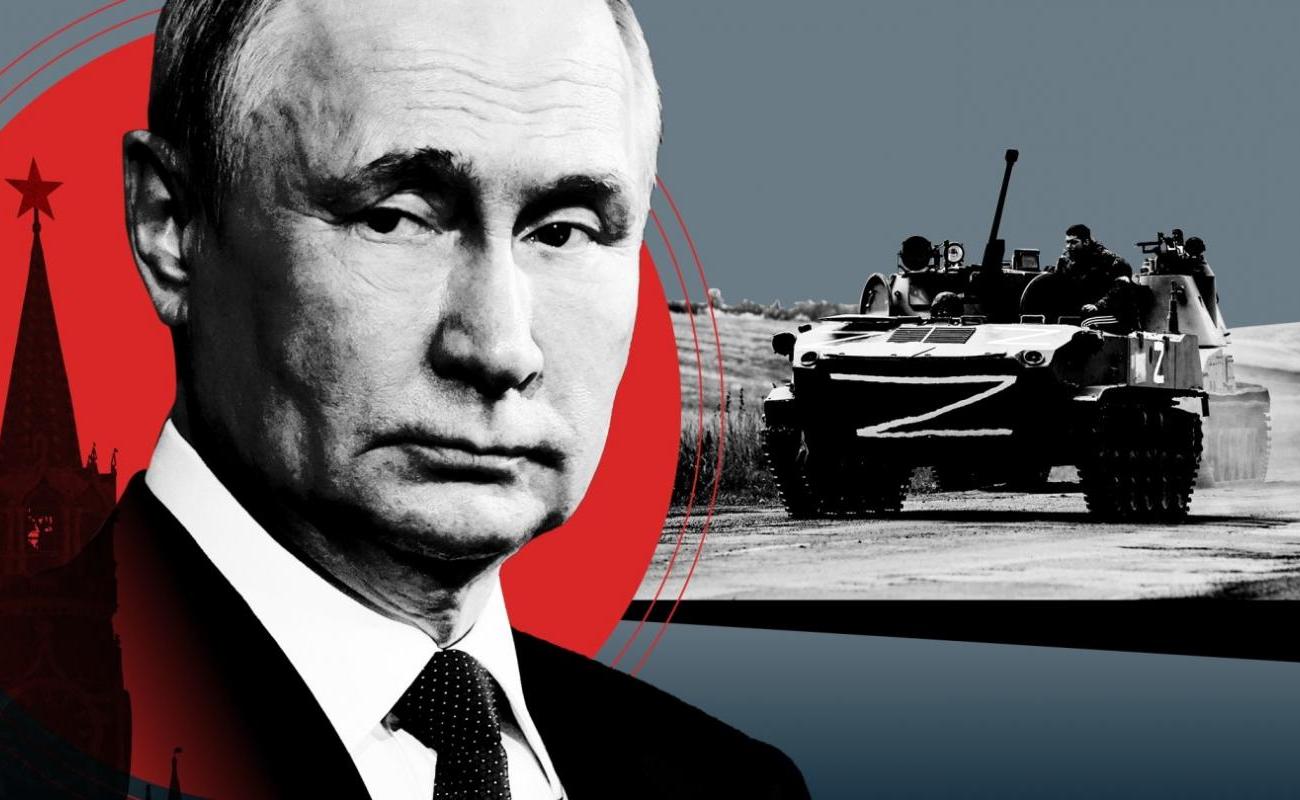Putin is preparing for a bigger and longer war - FT

Changes in Russia's mobilization law indicate that Putin is preparing for a major war, Alexander Gabuev, director of the Carnegie Russian Center in Berlin, writes in a column for the Financial Times.
"The law that allows the Kremlin to send hundreds of thousands of people to war testifies to the sad truth: Vladimir Putin is not looking for a way out of his disastrous war in Ukraine, but is preparing for an even bigger war," the analyst points out.
According to him, many people in Ukraine and in the West want to believe that the Russian president is at an impasse.
But despite the pressure of sanctions, the gradual recapture of the occupied territories by the Ukrainian army and the conflict in the Russian military leadership, the Kremlin still believes that it can afford a protracted war.
The Kremlin's military budget remains flush with cash, thanks to profits from last year's energy sales and the flexibility of Russian exporters, who have found new buyers in China.
If the pressure on the budget increases, the Russian Central Bank may start further devaluation of the ruble. This will make it easier to pay soldiers, defense industry workers and secret services, which keep the Russian elite and public under pressure and allow Putin to stay on his political course, the author of the column believes.
As for hostilities themselves, the Kremlin still seems unconcerned about the Ukrainian counteroffensive, writes Gabuev. Putin is betting that the Russian workforce, which can potentially be mobilized, is three to four times larger than Ukraine's. The only urgent task is to be able to use this resource: mobilize many more people, arm them, train them and send them into battle, the analyst explains.
New law
That is the purpose of the new law. From now on, the government can send subpoenas to the addresses of as many people as it deems necessary. The upper age limit for compulsory military service has been increased from 27 to 30 years, and may be increased again in the future.
As soon as the recipient of the invitation receives the electronic draft, the borders of Russia will be immediately closed to him. The law also increases penalties for refusing to serve in the military.
"These steps, along with large state investments in expanding weapons production, should help Putin create a larger and better equipped military," the analyst concludes.
In his opinion, a parallel tactic is to suppress the Ukrainian economy. Realizing that the Ukrainian budget exists on the life support of Western allies, the Kremlin wants to deprive Kiev of all sources of income.
To do so, Moscow not only withdrew from the grain agreement, but also launched massive airstrikes on ports to destroy any possibility of renewing the agreement.
The same logic underlies Russia's airstrikes on civilian infrastructure: they aim to render Ukrainian cities unlivable and hinder reconstruction efforts.
"The Kremlin hopes that the rapid renewal of the Russian army and the gradual destruction of the Ukrainian economy and armed forces will lead to growing disillusionment with the West and a decrease in material support for Kiev," writes the author of the FT column.
He adds that Moscow is threatening escalation, including the spread of the conflict to NATO territory via Belarus - with the help of the mercenaries of the private mercenary army "Wagner" stationed there, in order to speed up this process and break the will of the West.
As long as Putin remains in power, the researcher concludes, Moscow will direct its still vast resources to achieve its obsession with destroying and subjugating Ukraine.
Any long-term Western strategy must take this reality into account.
